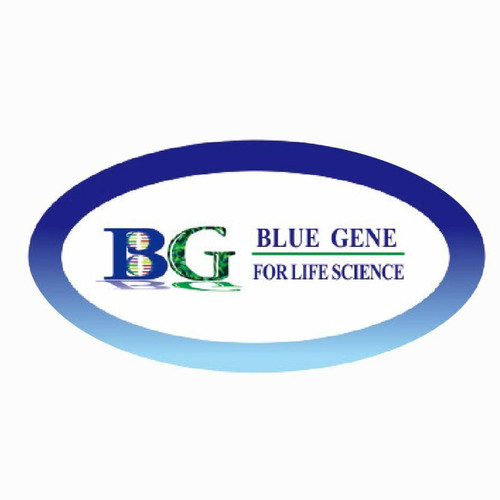Product Description
Human Soluble Toll-like Receptor 6 (TLR-6) ELISA Kit | AE59632HU | Abebio
Species Reactivity: Human (Homo sapiens)
Abbreviation: TLR6
Alternative Name: CD286; OTTHUMP00000158730
Application: ELISA
Range: 0.312-20 ng/mL
Sensitivity: 0.117 ng/mL
Intra-Assay: ≤5.1%
Inter-Assay: ≤8.7%
Recovery: 0, 95
Sample Type: Serum, Plasma, Other biological fluids
Detection Method: Sandwich
Analysis Method : Quantitive
Test Principale: This assay employs a two-site sandwich ELISA to quantitate TLR6 in samples. An antibody specific for TLR6 has been pre-coated onto a microplate. Standards and samples are pipetted into the wells and anyTLR6 present is bound by the immobilized antibody. After removing any unbound substances, a biotin-conjugated antibody specific for TLR6 is added to the wells. After washing, Streptavidin conjugated Horseradish Peroxidase (HRP) is added to the wells. Following a wash to remove any unbound avidin-enzyme reagent, a substrate solution is added to the wells and color develops in proportion to the amount of TLR6 bound in the initial step. The color development is stopped and the intensity of the color is measured.
Product Overview: Toll Like Receptor 6 is a member of the Toll-like receptor (TLR) family which plays a fundamental role in pathogen recognition and activation of innate immunity. TLRs are highly conserved from Drosophila to humans and share structural and functional similarities. By screening a human placenta library with a mouse Tlr6 probe, Takeuchi et al. (1999) isolated a cDNA encoding human TLR6. The deduced 796-amino acid type I transmembrane protein, which is 74% identical to mouse Tlr6 and 69% identical to TLR1, contains an N-terminal signal peptide, 20 tandemly repeated extracellular leucine-rich motifs, and a cytoplasmic domain homologous to IL1R, as seen in other TLRs. RT-PCR analysis detected Tlr6 in mouse thymus, spleen, ovary, and lung.
Stability: The stability of ELISA kit is determined by the loss rate of activity. The loss rate of this kit is less than 5% within the expiration date under appropriate storage condition. The loss rate was determined by accelerated thermal degradation test. Keep the kit at 37°C for 4 and 7 days, and compare O.D.values of the kit kept at 37°C with that of at recommended temperature. (referring from China Biological Products Standard, which was calculated by the Arrhenius equation. For ELISA kit, 4 days storage at 37°C can be considered as 6 months at 2 - 8°C, which means 7 days at 37°C equaling 12 months at 2 - 8°C) .
 Euro
Euro
 USD
USD
 British Pound
British Pound
 NULL
NULL








